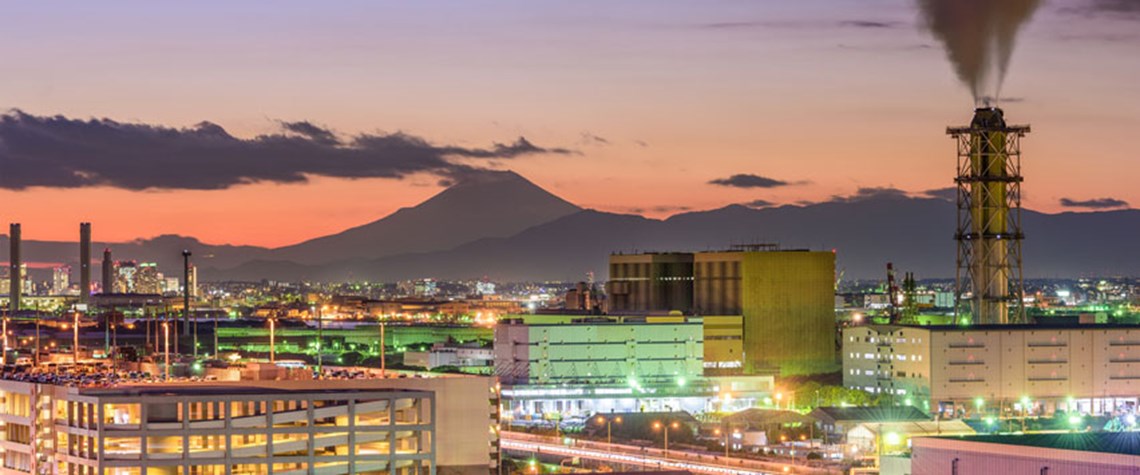31 March 2021
Decarbonising LNG: the heat is on
When the largest buyer in the largest consuming country commits to net-zero emissions by 2050, suppliers must start to respond. And they are
The LNG industry has over the past 18 months had to confront much more directly the potentially existential threat of the Paris Agreement. A key element of that agreement—“to achieve a balance between anthropogenic emissions by sources and removals by sinks of greenhouse gases (GHGs) in the second half of this century”—has spurred companies, countries and even continents to pledge net-zero GHG emissions by 2050. It can be argued that the LNG industry should have responded sooner, given the Paris Agreement was reached in 2015. Belatedly, it was a series of events in 2020 that proved to be the spark for the current explosion of interest in so-called carbon-neutral LNG. Customer-led “In the spa

Also in this section
9 January 2026
A shift in perspective is needed on the carbon challenge, the success of which will determine the speed and extent of emissions cuts and how industries adapt to the new environment
2 January 2026
This year may be a defining one for carbon capture, utilisation and storage in the US, despite the institutional uncertainty
23 December 2025
Legislative reform in Germany sets the stage for commercial carbon capture and transport at a national level, while the UK has already seen financial close on major CCS clusters
15 December 2025
Net zero is not the problem for the UK’s power system. The real issue is with an outdated market design in desperate need of modernisation







